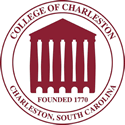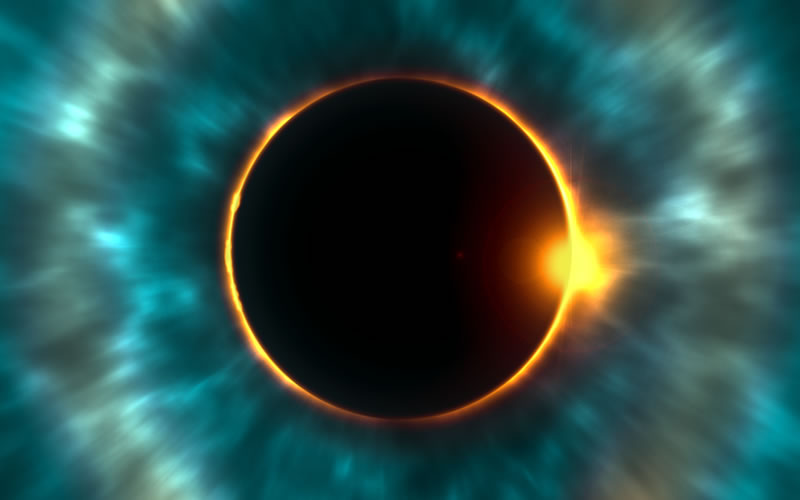Staff reports | This is just plain cool: NASA, the nation’s apace agency, will broadcast nationwide coverage of the historic Aug. 21 total eclipse of the sun from the College of Charleston.
“The college is so thrilled to have NASA broadcasting from our campus during the upcoming total solar eclipse,” College of Charleston President Glenn F. McConnell said in news release. “This will be a once-in-a-lifetime event that our students, faculty and staff will remember for the rest of their lives.
 “To be able to share this moment with NASA specialists not only adds to the significance of the occasion, but deeply enriches the student experience we provide at the college.”
“To be able to share this moment with NASA specialists not only adds to the significance of the occasion, but deeply enriches the student experience we provide at the college.”
The August eclipse will be the first time in 99 years that a total eclipse of the sun will be visible across the United States. The eclipse will begin in Oregon and end off the coast of Charleston. Over the course of 100 minutes, 14 states across the United States will experience more than two minutes of darkness in the middle of the day. Additionally, a partial eclipse will be viewable across all of North America.
The eclipse is expected to be visible in Lowcountry skies beginning at about 1:16 p.m., with the total eclipse visible at about 2:46 p.m., depending on location. The lunar shadow will leave the area at 4:09 p.m.
NASA will stream its coverage on NASA TV, the NASA website and various public broadcasting stations across the United States beginning at 1 p.m. on Aug. 21, 2017. The NASA broadcast also will be part of the College’s eclipse viewing celebration on Rivers Green behind Addlestone Library from 1:30 p.m. to 3:30 p.m. that day.
NASA will have correspondents and scientists stationed across the nation to provide live updates of the eclipse during the telecast. The NASA “headquarters” for the national broadcast will originate from Rivers Green.
As part of the campus eclipse celebration for students, faculty and staff, the College will provide free CofC-branded eclipse viewing glasses. The event will also include music, games, food and other activities. College of Charleston physics and astronomy professor Jon Hakkila will be on site to explain the science of a solar eclipse and answer questions.
- Have a comment? Send to: editor@charlestoncurrents.com




 We Can Do Better, South Carolina!
We Can Do Better, South Carolina!
























